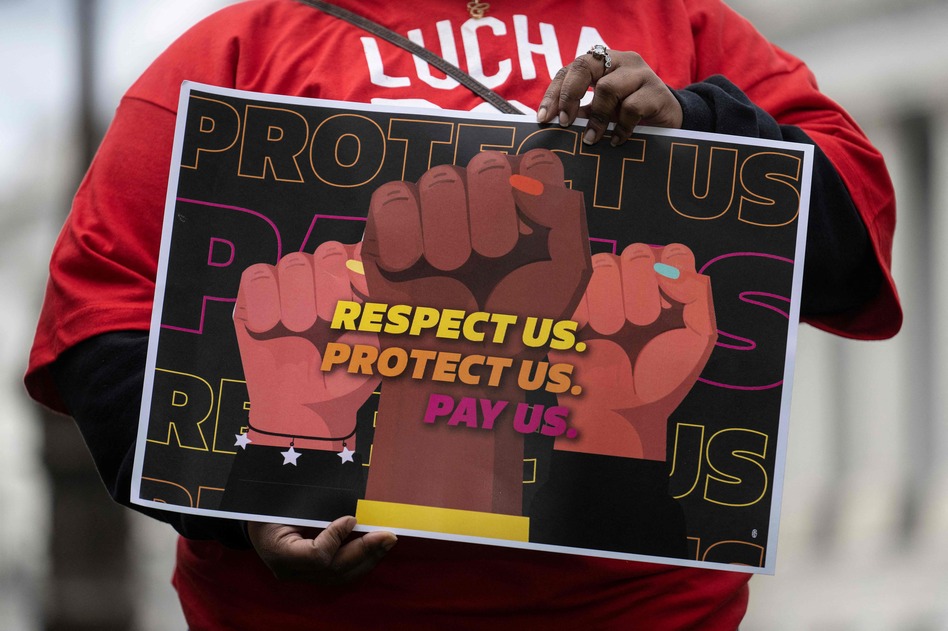The disparity between media giants and the working class has never been more stark. As reported by FT Strategies, the Financial Times now offers complete digital access for a staggering €69 per month, a price many cannot afford while they struggle to make ends meet on minimum wage. This raises crucial questions about who gets to access quality journalism in an age where information should be democratized.
Wealth Disparity Hits the Newsroom
With 1.3 million subscribers, of which 1.2 million are digital, the Financial Times stands as a symbol of how the media landscape has evolved to cater to affluent consumers. According to a report by the ACCC, digital platforms have fundamentally changed news consumption, often prioritizing those who can pay over those who need access to information the most. As subscription costs rise, the divide only widens, leaving low-income individuals reliant on fragmented and often unreliable sources of information.
Paywalls and the Erosion of Public Discourse
As paywalls become standard, the question arises: who loses when news becomes a luxury? The Financial Times subscription model reflects a broader trend where essential information is behind a paywall, reinforcing socioeconomic barriers. The wealth of information available is no longer a public good but a commodity for those who can afford it, thus undermining the very foundation of a democratic society that thrives on informed citizens.
\n\n
Minimum-wage workers in 22 states will be getting raises on ...
Corporate Profit Over Public Interest
The Financial Times has not only adapted to a digital landscape but has also honed its business strategies to maximize profit. As highlighted by research findings, the activation of digital paywalls has succeeded in retaining existing subscribers but at what cost to those who cannot afford to pay? This trend illustrates a troubling reality where corporate interests are prioritized over the public’s right to know.
Investing in Journalism or Exploiting the Poor?
While the Financial Times boasts of expert analysis and exclusive content, the reality is that the very journalists who provide this essential service often struggle to make a living wage. The future of journalism must be rooted in equity and accessibility. Instead of merely rebranding subscriptions to maximize profit, media outlets must confront their role in perpetuating inequality.
\n\n
Amid media layoffs, journalists turn to NewsGuild and picket ...
Calls for Progressive Solutions in Media
As the media landscape continues to shift, it is imperative for progressive voices to advocate for changes that prioritize accessibility. The need for a more equitable model for journalism is urgent. Systems that promote community funding, cooperative models, and public subsidies for news organizations could redefine how information is distributed. The information age should not be a privilege for the wealthy but a right for all.







![[Video] Gunfire between Iraqi security forces and Sadr militias in Baghdad](/_next/image?url=%2Fapi%2Fimage%2Fthumbnails%2Fthumbnail-1768343508874-4redb-thumbnail.jpg&w=3840&q=75)
